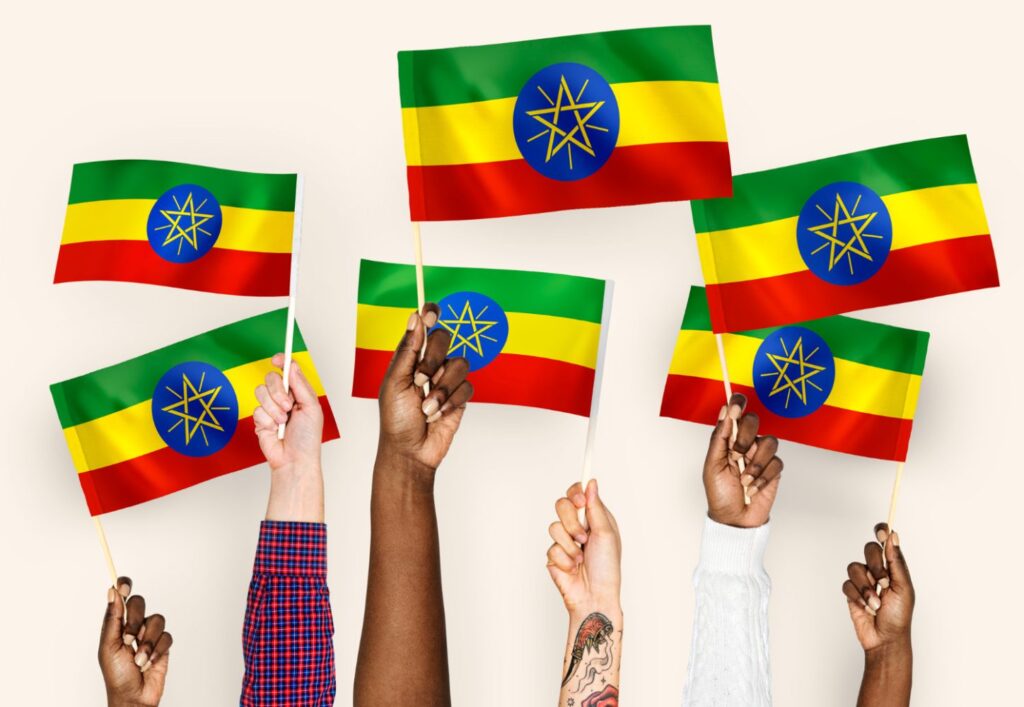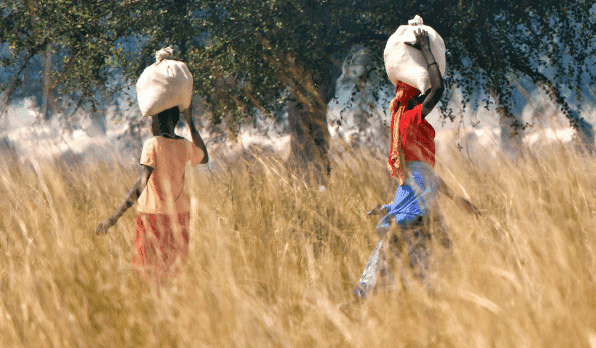The world has come a long way since the invention of computers in the 20th century. Digital triage tools are assisting community health workers in reducing maternal mortality in rural Africa. Bitcoin is now legal tender in the Central African Republic. The hashtag #BringBackOurGirls brought global awareness to the plight of 276 schoolgirls abducted in Northern Nigeria and was even retweeted by the former first lady of the United States of America. And, at the click of a button, lunch is at your doorstep! The fourth industrial revolution, a phrase coined by Klaus Schwab, the founder and CEO of the World Economic Forum, signals just how massive the potential magnitude of the technological changes happening around us is.
Today, the application of digital technologies is having a significant impact on economies and on societies. In Africa, digitalised economies present new livelihood and welfare opportunities for low-income people across the continent. Online e-commerce platforms like Jumia have provided access to new markets for small retailers, while logistics and ride-hailing platforms like Sendy and Little Cab have enabled drivers and boda-boda riders to earn a liveable wage. Successful fintechs like MFS Africa and Chipper Cash are allowing more affordable and reliable access to remittances for low-income people across Africa, and insuretechs like PharmAccess are providing vulnerable people more affordable access to healthcare.
These opportunities, however, do not come without risks and access issues persist. The ‘digital divide’ refers to the gap between those who can access and benefit from the internet – and those who cannot. Despite the rapid expansion of broadband and mobile data coverage across the continent, many Africans remain excluded. Data is still very expensive and unaffordable for millions of low-income people and digital literacy remains low, particularly among women, older people and rural dwellers. The digital divide grows when we take relevance into consideration. Are digital tools accessible in local languages? Are solutions relevant and beneficial for the majority of Africans? If governments and other market actors do not actively work towards closing digital divides, the inevitable continued growth of digitalised economies risks excluding millions of Africans.
In 2020, FSD Africa and the FSD Network partnered with Digital Frontiers Institute (DFI) to develop a course on inclusive digital economic development (iDED). This 4-week course brings together definitions, tools and terminologies from global thought leaders on the digital economy and provides learners with an inclusive perspective and the digital economy’s effects on low-income and vulnerable people. The offering provides the sector with a solid foundation for professionals working in the digital economy who are passionate about inclusive development.
This collaboration builds on our long-term partnership with DFI to build a new Digital Finance profession for Africa. FSD Africa is providing full scholarships for 40 excellent candidates from Ethiopia, Ghana, Nigeria, Somalia or Sudan who are interested in pursuing the course in October 2022.
There is no doubt that the digital transformation age is an exciting one, with opportunities beyond our imagination and value we are still learning how to measure. It is, however, important to remain grounded in the principles of equity and inclusion that govern how each of us meets our basic needs. We encourage professionals working in governments, development organizations and the private sector who are interested in building an inclusive digital economy to apply for a full iDED scholarship from FSD Africa here.




